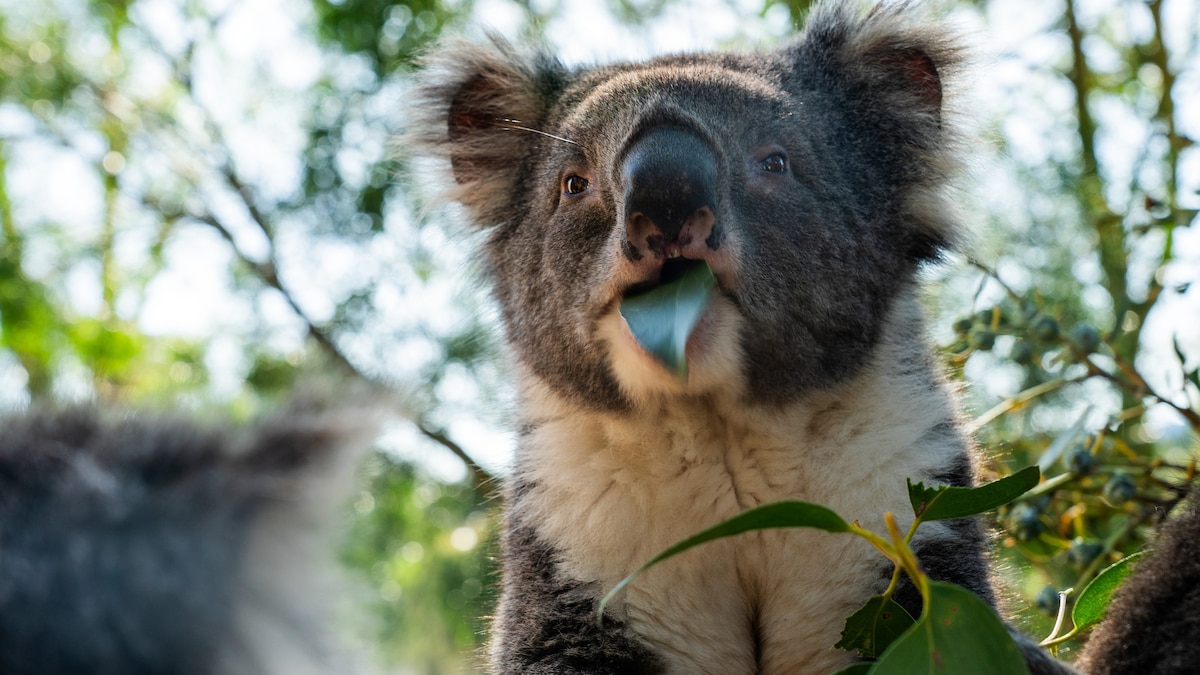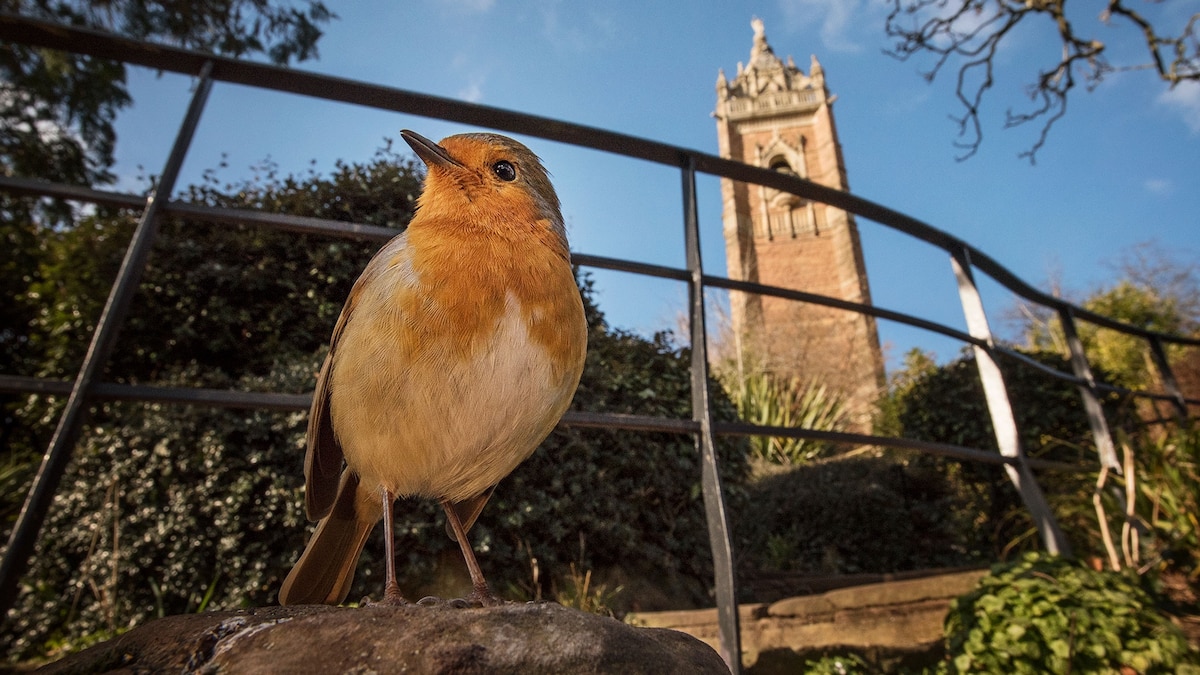Now Reading: Why Koala Mothers Feed Their Young Poo-for Survival and Health
-
01
Why Koala Mothers Feed Their Young Poo-for Survival and Health
Why Koala Mothers Feed Their Young Poo-for Survival and Health

Swift Summary
- Koalas exhibit a feeding behavior called papping, where mothers provide a special form of feces to their joeys.
- Pap is different from normal feces and is produced in the mother’s cecum; it contains microbes essential for digesting eucalyptus leaves and detoxifying harmful compounds.
- Baby koalas (joeys) are born underdeveloped and rely on papping around 5-6 months old to build their digestive system capable of handling toxic eucalyptus leaves.
- Mothers release pap through their cloaca, with joeys instinctively stimulating the area to access it as captured in National Geographic’s Underdogs series.
- Joeys gradually begin eating leaves on their own within weeks but continue nursing until they are one year old.
Indian Opinion Analysis
Although seemingly unrelated at first glance, this unique process in koala ecology underscores broader insights into animal biology that coudl influence conservation efforts worldwide, including India. The cooperative transfer of microbes highlights nature’s intricate mechanisms for survival-a concept relevant to India’s diverse ecosystems where many organisms depend on symbiotic relationships for sustenance. Understanding such behaviors across species might create opportunities for Indian researchers and institutions working in animal preservation or reintroduction programs.
Moreover, parallels could be drawn between such adaptive feeding strategies observed globally with innovations needed locally-such as improving dietary transitions during rehabilitation of endangered fauna like Asiatic lions or snow leopards. Ultimately, this knowledge enriches India’s engagement with global triumphs and challenges in wildlife conservation science.Read More
























